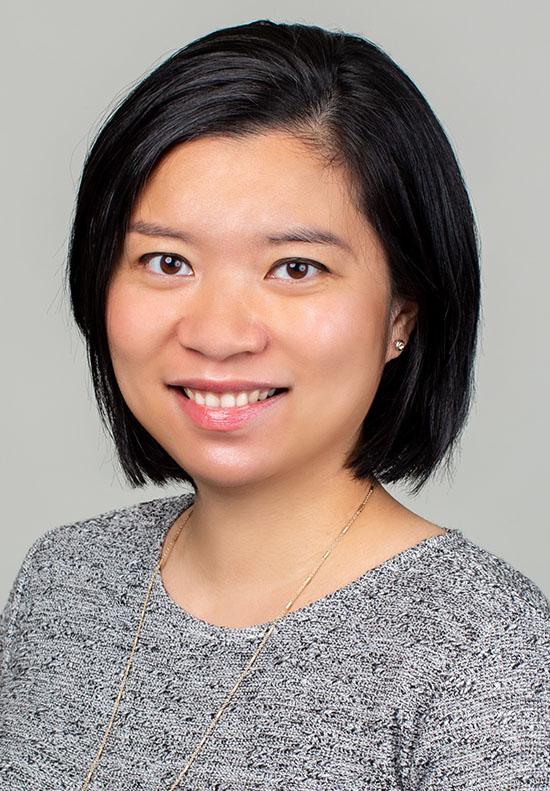

Julia Chen-Sankey, PhD ‘18, recently landed her first faculty position as an assistant professor at Rutgers School of Public Health. She also joins the Rutgers Center for Tobacco Studies.
She got her start researching tobacco at UMD with her faculty advisers Kerry Green and Dina Borzekowski and research mentors Pamela Clark, Amerlia Arria, and Craig Fryer, all in the Department of Behavioral and Community Health.
“The resources at Maryland gave me a foundation of knowledge and research skills in terms of public health research methodologies and the content area of tobacco work—basically it’s all from Maryland.”
Though Chen-Sankey is now very passionate about tobacco research, she says it took a little while to get there.
“In the beginning, I was not really a big fan of tobacco work because I was really interested in researching health disparities, minority health, that type of thing,” she said. “But then later, I learned that it's all connected — the tobacco industry is preying on minority groups, and then they're marketing their products to racial and ethnic minority groups, to women, to LGBTQ+ communities. It's not just a public health issue, it's also a social justice issue.”
Chen-Sankey says that predatory marketing motivates her to reduce the impact of the tobacco industry. Tobacco use is deadly, and more prevalent than you might think.
“We know that tobacco use is still the leading cause of preventable deaths in the entire country,” she said. “It's like half a million deaths a year. And, it’s still a leading cause of cancer.”
Chen-Sankey says part of what drives her to tobacco research is the ever-changing landscape of the field. For instance, part of her research focuses on how tobacco companies target young people, who otherwise would never have smoked a cigarette, with e-cigarettes.
“Some health researchers look at one health behavior for their entire career, which is still very important, but I think I’m more geared towards something that can change over time, with new challenges and new landscapes,” she said.
Chen-Sankey’s lab isn’t currently collecting data, but she’s hopeful that will change in the next year. The team will study how non-tobacco-users respond to tobacco ads.
“Participants are going to come into the lab, we'll show them the ads, and then we'll measure their attention,” she said. “That component is very exciting.”
It’s been a big transition from postdoc research to a faculty position, Chen-Sankey said.
“As faculty, you're totally independent. You have your own budget, you have your own set of papers or grants you're working on,” she said. “Sometimes, you don’t know what you’re doing, like, ‘am I doing it right? Am I spending the money right?
And, she has a new set of responsibilities, making sure her students and mentees are getting internship, publication and presentation opportunities.
The added pressure and responsibility of being a faculty member comes with its perks:
“Now I have my own office, which is really great,” Chen-Sankey said, laughing.
She urges students interested in entering academia to write as much as possible and to practice grant writing. Additionally, Chen-Sankey stresses the importance of finding something you’re interested in — and getting good at it.
“Follow what really excites you,” she said. “It would be perfect if you’re working on some topics you're truly passionate about, and you're happy about your work, and you're really solving real world problems. That would be the best situation.”